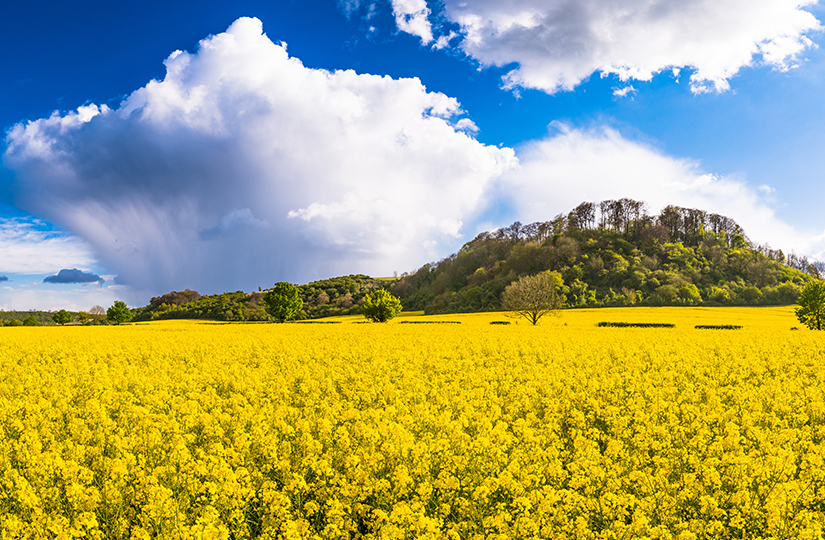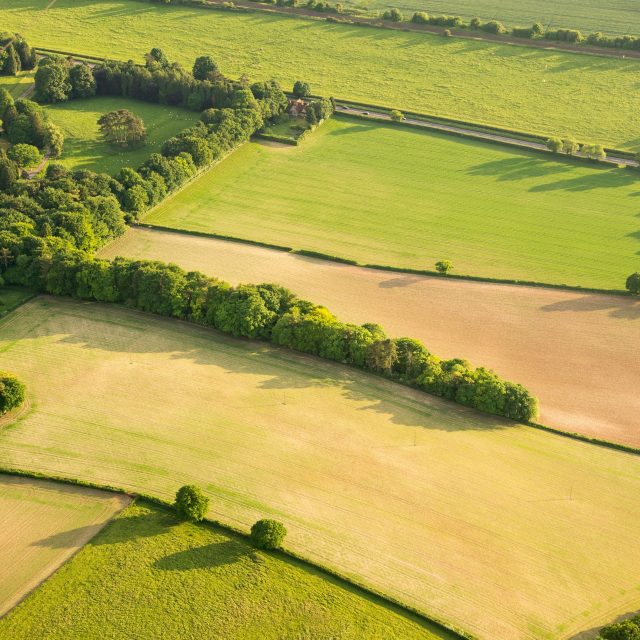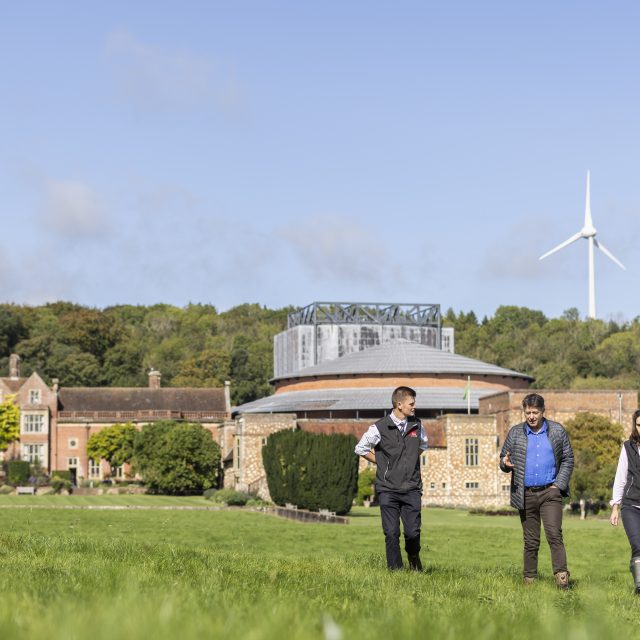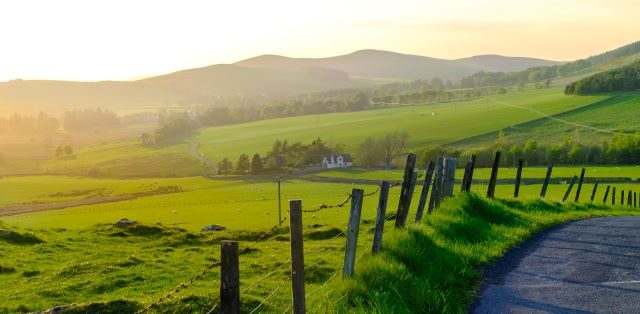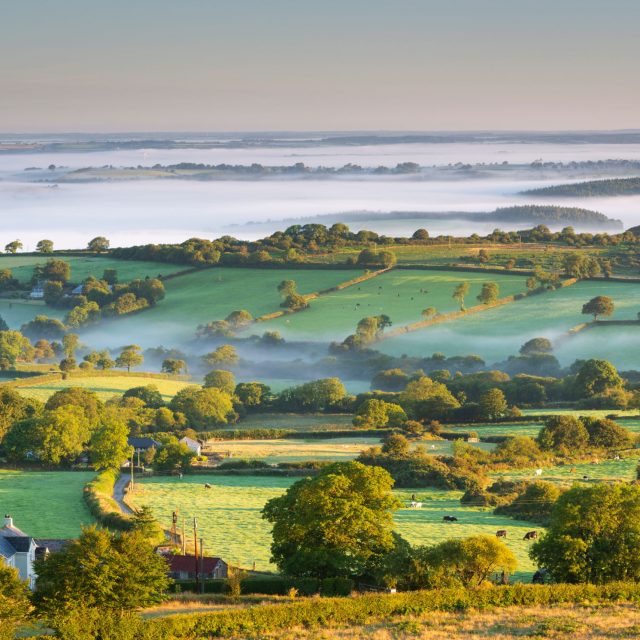Farming Update – COVID 19 Business Update II – 20th April 2020
Welcome to this second COVID-19 Business Update for farmers across the UK. We wish to maintain our connections with our readers in this time of uncertainty and keep you informed about subjects we might otherwise have discussed face-to-face. We aim to release a regular short bulletin while restrictions on social interactions are in place.
We welcome any feedback so please contact Andrew Atkinson in England and Mary Munro in Scotland. Our farming team is still active and working hard to support farming as an essential sector, so please contact your local office if we can assist in any way. We have also put useful information and a number of bulletins on our Rural Hub.
COVID-19
The lockdown remains in place with no immediate prospect of change. While this is only wise for the health of the nation, it is extremely challenging for many businesses.
Measures to help the self-employed will come into effect in June.
This scheme will allow you to claim a taxable grant worth 80% of your trading profits up to a maximum of £2,500 a month. It will be available for three months but may be extended. If you receive the grant you can continue to work or take on other employment including voluntary work.
You can claim if you’re a self-employed individual or a member of a partnership and you:
- have submitted your Self-Assessment tax return for the tax year 2018 to 2019
- traded in the tax year 2019 to 2020
- are trading when you apply, or would be except for coronavirus
- intend to continue to trade in the tax year 2020 to 2021
- have lost trading profits due to coronavirus
You will need to confirm to HMRC that your business has been adversely affected by coronavirus. HMRC will as usual use a risk- based approach to compliance.
Your trading profits must also be no more than £50,000 and more than half of your total income for either:
- the tax year 2018 to 2019
- the average of the tax years 2016 to 2017, 2017 to 2018, and 2018 to 2019
There are contingency measures on the UK Government website if you have not submitted Self-Assessment tax returns for all 3 years.
If you’re self-employed, claiming farmers’ averaging relief, HMRC will use the amount of profit before the impact of the averaging claims to work out if you can claim the grant and how much money you will receive.
Full details and updates are available on this link.
The Furlough scheme (Coronavirus Job Retention Scheme) has been extended. Full details found by following this link.
Grants to assist the retail, leisure and hospitality sector are available but the eligibility criteria for this and the Small Business Support Grants differ depending where you are in the UK. In England there is £25,000 available per business premises, while in Scotland there is £25,000 for the first premises then 75% for additional locations. The Rateable Value limits also differ. The amount available to small businesses is £10,000.
Link for England. Link for Wales. Link for Northern Ireland.
Link for Scotland and to apply, you’ll need to complete an application form. You can find this form on your local council website.
The Prince’s Countryside Fund is inviting applications for emergency funding from farming and rural community support groups who are helping counter the effects of isolation during the pandemic. Groups can apply for grant funding of up to £2,500 if they:
- are providing emergency relief to vulnerable or isolated individuals or
- are providing support to farmers and farm businesses affected by the Coronavirus pandemic or
- are helping rural or farming communities to cope with the Coronavirus pandemic
For more information, follow this link.
Market Update
The price of crude oil fell to historic low levels last week of around $40/barrel, as demand slumped and storage capacity ran out. Production was hastily cut back and a rebound in prices saw Brent crude reach $22.20 by 16th April. The prospect of renewed tensions in the Middle East initiated by the US also had an upward impact on prices. This has created turmoil in other commodity markets including grains.
Arable Crops
The prolonged period of dry weather has enabled farmers to catch up with the autumn backlog and most field work is up-to-date. Most of the country would welcome some rain now and irrigators are in action in cereal crops in some places. Potato planting is under way, and most wheats are at or approaching T1 timing. The crops that had herbicide in the autumn have very few weeds germinating now, and a fairly minimal tidy-up will suffice – probably cleavers will be the deciding factor. Septoria is mercifully supressed in dry conditions, but do not leave crops unprotected. Recent experience suggests that rain, when it comes, will be a torrential downpour ideal for splashing spores up from the semi-dead leaves at the base of the plant.
Oilseed rape growth stages vary hugely across the country and the main concern now is pollen beetle. Last year at the end of April, temperatures jumped from 8 to 23oC in one day and trigged a mass hatch of beetles in the Lothians. So far this spring the temperatures in the north have remained resolutely cool (or at least “normal”) and the yellow buds are unharmed, but should be monitored. Further south, bean crops are being damaged by bean weevils, and insecticide may well be justified.
Grain markets are volatile, not least because of the turbulence in the price of oil, which affects all other markets. Wheat lost £9/T last week but is up £5/T on 20th April for new crop. The weaker Sterling is helping but the lack of certainty makes planning and budgeting very difficult.
Livestock
Lamb prices seem to have recovered somewhat from the initial drops with steady demand for good lambs. New crop lambs are reaching £115-£120 per head.
Beef prices are under pressure and cheap European imports are not helping. The loss of the restaurants and pubs has seen a massive drop in the premium cuts – fillet steaks etc – and a switch to more mince and stewing steaks which are more in line with home cooking.
Milk
The UK Government has confirmed that it will temporarily relax some competition law so that the dairy processing industry can work together to manage supply and demand during the pandemic. In recent weeks some dairy farmers have had to throw away fresh milk because their buyers have lost catering and food service contracts. It is hoped that the temporary relaxation will allow more fresh milk to be processed into longer-life products, such as cheese, butter or skimmed milk powder. While this is a welcome step, only time will tell whether any positive effects will actually reach producers. Some dairies that delivery milk to the doorstep have had increased demand during the lockdown.
Policy and Grants
Basic Payment Scheme
The deadline for England and Wales has been extended to 15th June for BPS and environmental scheme annual claims (including O/ELS/HLS (ES) and Countryside Stewardship (CS) schemes). The final date for amending BPS claims without penalty has been extended to 30th June (from 31st May) and final submission deadline (with penalty) has been extended to 10th July (from 10th June).
The RPA is strongly encouraging farmers to submit claims as soon as possible.
The deadline for applications to be submitted for BPS in Scotland currently remains unchanged – 15th May.
In terms of logistics, the overwhelming majority of schemes are completed and submitted on-line and any necessary ground checks can usually be carried out while observing social distancing rules.
Countryside Productivity Small Grants Scheme
The deadline for submitting claims has been extended to 31st July. However, Defra strongly advise applicants to submit claims as soon as possible to avoid delays in processing payments.
Growth Programme – Round 3
Over 3,000 expressions of interest were submitted, requesting over £350m, compared with a budget of around £60m. Defra’s advice is to make full applications as soon as possible but acknowledges that it is more difficult to get quotes and other supporting information for a proposal due to COVID 19. As a result, (i) it is trying to simplify the full application process (but advice is to continue with the current process at the moment) and (ii) it is seeking agreement with the EU to extend the deadline for spending on projects until after 31 December. Due to the high demand, the RPA does not think it will be able to assess projects within the 30 working day period and is now aiming for mid-May.
Agriculture Bill
The Government’s aim is still to pass the Bill this summer, with no intention to change the planned policy. The phasing out of BPS 2021 is ‘under constant review’ due to the impact of COVID 19.
Countryside Stewardship (England)
Although the annual claim deadline (for existing schemes) has been deferred to 15th June, the application deadlines for new Higher Tier and Mid-Tier Countryside Stewardship Schemes remain unchanged, at 1st May and 31st July respectively.
The number of applications received by the RPA so far is broadly as expected so COVID does not appear to have had an adverse effect.
Will the UK follow the European Commission example of providing more aid to stabilise agricultural and food markets?
The EU has provided €80m of support for sectors that have been worst affected by COVID-19. €30m has been ring fenced for the dairy sector for private storage aid for skimmed milk powder, butter and cheese. There will also be private storage aid for beef steaks (up to 25,000 tonnes or €26m) and sheep and goat meat (up to 36 000t or €20m value; NB this type of storage aid has not been used for sheep and goat meat for over 20 years). Member States will also be able to provide ‘stand alone’ support for farming businesses, in the form of a one-off lump-sum of €5,000 for farmers and up to €50,000 for SMEs. The EC has also said that it will relax the competition rules for the live plants, flowers, milk and potato sectors to deal with severe market imbalances. While welcoming the rule change, the sectors have said that more support will be needed as some markets, for example for flowers, have lost over 80% of trade volumes. Separately, the Dutch government has announced a support package worth €650 million for floriculture, specific parts of food horticulture and the French fries potato sector – the first country in the EU to do so. Also, agriculture ministers of the G20 group of nations pledged to avoid any restrictions on trade that could affect food security.
